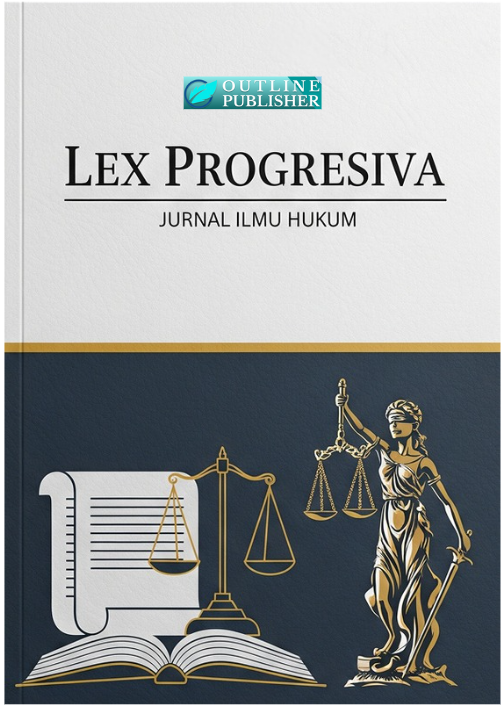Restorative Justice for Online Gamblers: An Alternative Approach in the Indonesian Criminal Justice System
Keywords:
Restorative justice, Online gambling, Criminal justice system, Gamblers, Alternative sentencingAbstract
The phenomenon of online gambling is increasingly worrying in Indonesia, not only because it causes economic losses but also impacts the moral, social, and psychological well-being of society. To date, the criminal justice system still tends to view online gamblers as criminals subject to prison sentences, without distinguishing between bookies, operators, and mere players. This creates new problems such as overcapacity in correctional institutions, the burden of law enforcement costs, and the ineffectiveness of the criminal justice system in preventing recurrence of crimes. This study aims to analyze the potential for implementing Restorative Justice as an alternative approach to resolving online gambling cases in Indonesia. The research method used is normative juridical with a statutory and conceptual approach, supported by empirical data from law enforcement practices. The results indicate that Restorative Justice can be applied to online gamblers who are not recidivists, do not act as bookies or organizers, and are involved on a small scale, with the aim of providing space for rehabilitation, social recovery, and preventing excessive criminalization. However, the implementation of Restorative Justice still faces obstacles such as limited regulations, socio-cultural resistance, and the lack of clear technical guidelines. Therefore, regulatory reform, capacity building of law enforcement officers, and public education are needed so that Restorative Justice can become an effective instrument in the Indonesian criminal justice system.





















